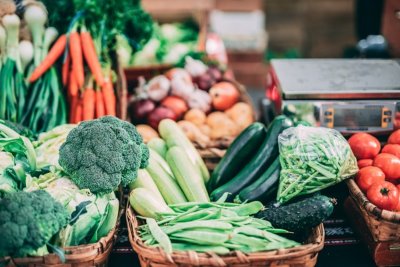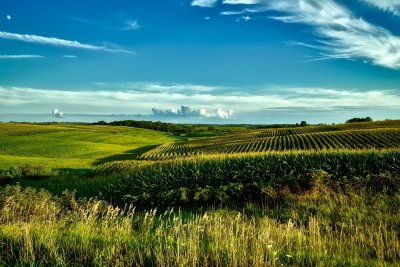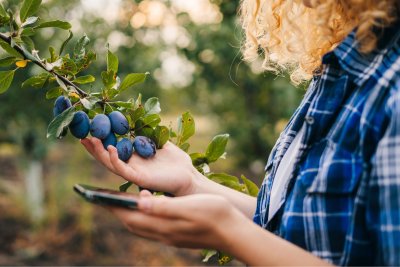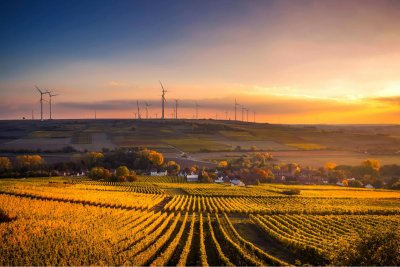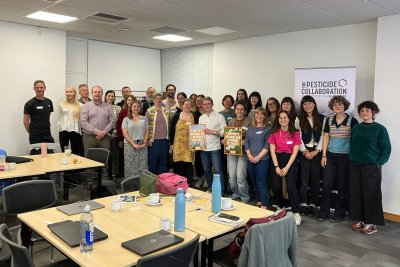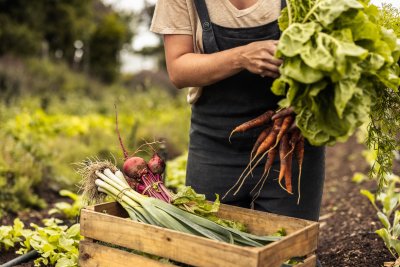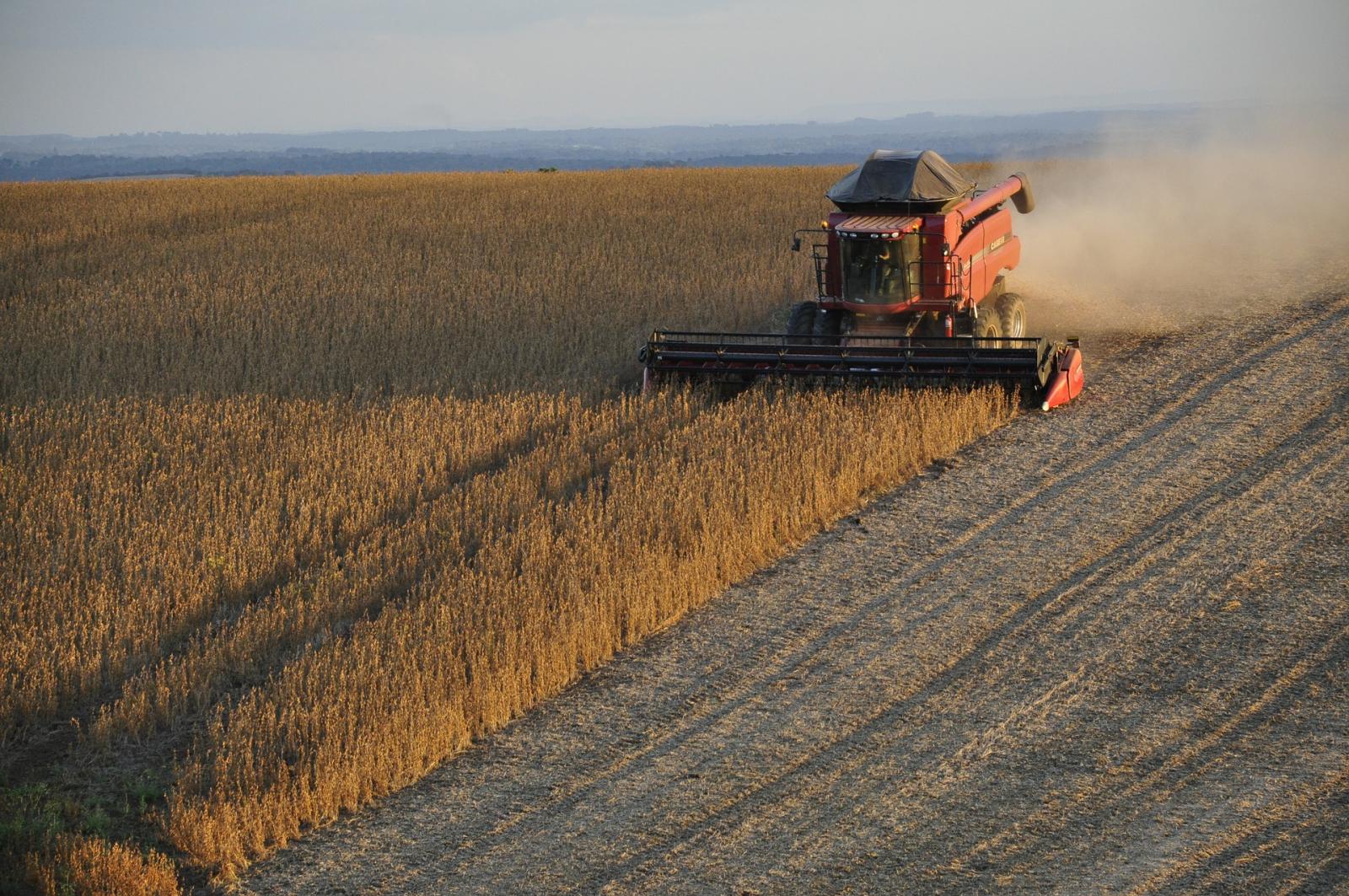 Soybean being harvested. Credit: Pixabay
Soybean being harvested. Credit: Pixabay
Research highlights the dangers of monocultural farming in a heating world
New research has highlighted the risks posed to areas known as ‘breadbaskets’ from water scarcity influenced by climate change. Current food systems and structures are vulnerable, posing dangers to the availability of food, and therefore need to be re-thought.
Breadbaskets are areas of the world that produce a significant amount of the staple crops that are consumed by billions of people—wheat, rice, soybean, and maize. In recent decades, the global population has come to rely on such a small number of crops. This poses major challenges to the security of food for a lot of people.
‘Increasing risks of crop failures and water scarcity in global breadbaskets by 2030’
The key risk is water scarcity caused by a heating planet. Agriculture is the largest user of water globally, and therefore, is particularly vulnerable to changes in weather patterns that cause more droughts or less reliable and more sporadic rainfall events.
Researchers have used models to project the possibility of yield failures for those four main crops into the mid-century. They found that crop failure could be 4.5 times higher by 2030 and 25 times higher by 2050. The three main areas of the world that are likely to be affected the most by water scarcity are India, China and the United States of America.
Modelling and research like this highlights the need for the UN, stakeholders, practitioners, and others to think differently about the food system. At present, that critical thinking is not happen, evidenced by the UN’s Food System Summit 2021 being hijacked by corporations that want to maintain the status quo.
Vicki Hird, head of farming at Sustain said: ‘The serious impacts of climate change to millions of people is clear. We all know food is essential for our survival. It’s time that global leaders and others come together and listen to small-scale, sustainable, agroecological farmers and growers who have some of the answers to tackling these critical problems’.
It is becomingly increasingly important that we move away from relying on such a small number of crops to keep the world fed, and instead, invest in a food system that is more diverse and locally resilient. Not only should this create stronger food security, but it should also be positive for health, climate, nature, and economic outcomes.
Sustainable Farming Campaign: Sustain encourages integration of sustainable food and farming into local, regional and national government policies.
Sustain
The Green House
244-254 Cambridge Heath Road
London E2 9DA
020 3559 6777
sustain@sustainweb.org
Sustain advocates food and agriculture policies and practices that enhance the health and welfare of people and animals, improve the working and living environment, promote equity and enrich society and culture.
© Sustain 2024
Registered charity (no. 1018643)
Data privacy & cookies
